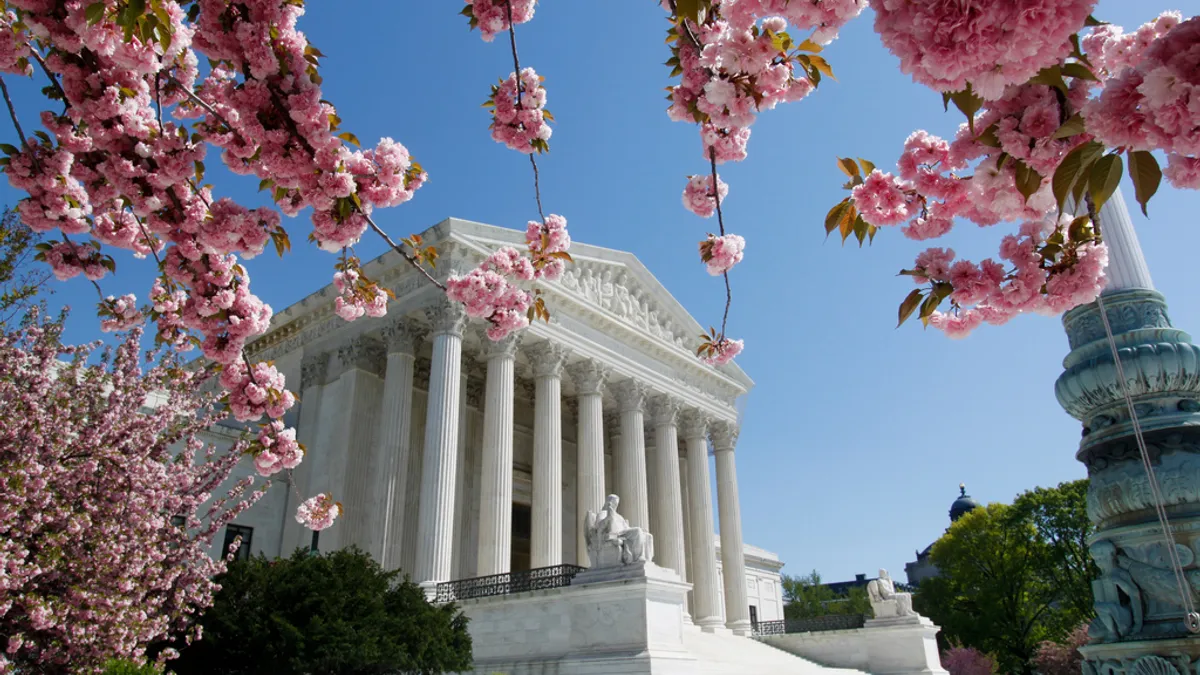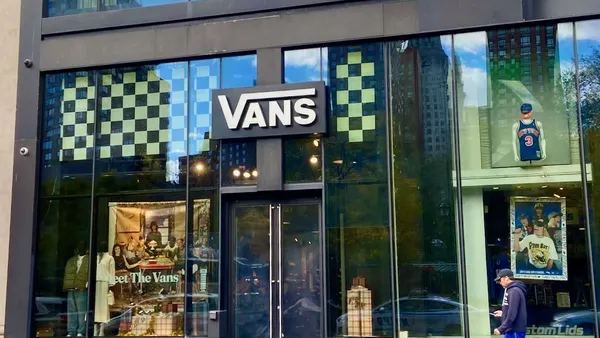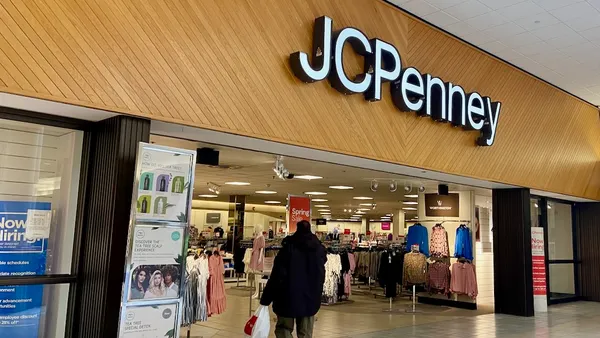Dive Brief:
-
The U.S. Supreme Court on Thursday decided to consider a challenge from retailers to a state law in New York that prohibits merchants from charging fees to shoppers who use credit cards, according to news outlets including The Wall Street Journal.
-
Retailers contend that the law violates Constitutional rights to free speech and due process, but the 2nd U.S. Circuit Court of Appeals in New York rejected that argument, saying the practice influences behavior rather than speech.
- The New York law is similar to laws in nine other states. The Supreme Court will not hear similar cases involving comparable laws in Florida and Texas.
Dive Insight:
Retailers have called credit and debit card acceptance “a prime example of a nonfunctioning marketplace,” and are pushing Congress to maintain and even strengthen card fee rules that are part of the Wall Street Reform and Consumer Protection Act that arose after the recent Great Recession.
At issue are the swipe fees that credit and debit card issuers impose on every payment, which retailers argue are ultimately passed on to their customers in the form of higher prices. Presumably, the ability to directly (rather than indirectly) pass on fees at checkout would aid retailers in keeping overall prices lower, or at least discourage shoppers from using those cards.
“Surcharges actually make consumers more informed rather than less by truthfully and effectively conveying the true costs of using credit cards,” according to the challenge from retailers in court documents cited by Bloomberg. In practice, though, price is fungible and many retailers may be hard-pressed to pass on such fees indirectly in the form of higher prices, especially those whose main appeal to customers is discounts or low prices. In that sense, the fees often hit retailer margins as much as or more than they may hit consumer prices.
Either way, the issue is a major one for retailers, one that has kept them at odds with credit card companies and banks for years. The Retail Industry Leaders Association hailed the Supreme Court’s move.
“We welcome the court’s review of this important issue,” Deborah White, the RILA's executive vice president and general counsel, said in a statement. “Retailers believe that transparency and competition are absent from the broken debit and credit card markets. Retailers should be free to communicate the cost of credit and debit card transactions to customers at the point of purchase. The inability to do so in some jurisdictions denies customers access to information that could affect purchase decisions and further emboldens Visa and MasterCard to charge higher and higher fees.”














